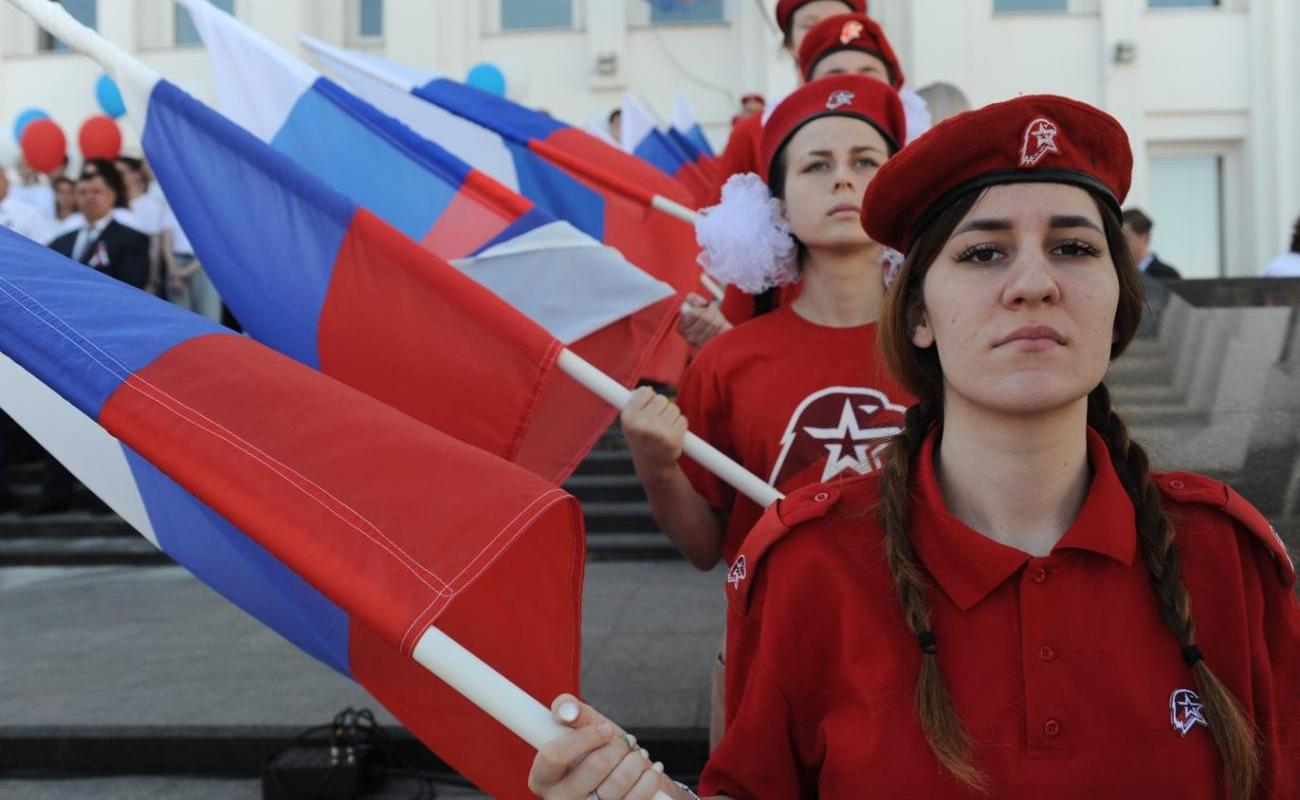Russia’s Spies Fear the Children

The spy agency has drafted legislation that would allow FSB officers to take part in the work of juvenile commissions across the country and to feed intelligence on so-called “troubled youth” into government blacklists and databases.
The FSB’s new prison-and-detention empire, relaunched only this summer, will also be folded into the system for “preventing juvenile crime.”
The Lubyanka openly admits that this latest move is a reaction to efforts by Ukrainian security services to recruit Russia’s young people.
Russian kids have routinely been caught attempting acts of sabotage since the full-scale invasion of Ukraine in 2022. Children are being recruited for various acts of sabotage — from setting fire to railway equipment to explosions on military bases. For instance, in September 2024, the FSB arrested two 16-year-olds for an arson attack on a helicopter at a military airbase in Omsk, Western Siberia. They admitted being offered $20,000 by an unknown man who contacted them on Telegram and provided instructions.
According to official statistics for last year, 308 teenagers were brought to court for “crimes against public safety”, including 48 for terrorism, and another 39 were punished for “crimes against the constitutional order”.
It appears the FSB is eager to reintroduce the KGB’s old practice of political crime prevention, known as profilaktika. In the Soviet era, this meant being summoned to a local government building, and into a room behind a fake-leather padded door designed for soundproofing, where a state security officer would lay out the options for a rebellious soul and the consequences of defiance — ranging from the destruction of any chance for a successful career to a prison term.
Nowadays, it seems, the role of those special rooms will be played by the offices of the juvenile commissions operating in every Russian region. But that is likely to be just the first step. If a teenager refused to comply, the next summons could well be to an FSB-run prison — to make the possible consequences clearer to both the child and the family.
The new legislation is part of a broader Kremlin crackdown on teenagers. Alongside the prevention and blacklisting of “potential troublemakers” among young people, there is now a push for harsher repression and punishment. A bill lowering the age of criminal responsibility for sabotage-related crimes from 16 to 14 has just passed its first reading in the State Duma and should soon become law.
In addition, the legislation will abolish the statute of limitations for all sabotage-related crimes, abolish suspended sentences for participation in sabotage organizations, and restrict the right to parole until three-quarters of a sentence has been served.
The FSB has also been adding minors to official lists of terrorists since the start of the war in Ukraine, alongside Islamist extremists.
Ever since 2022, Russian security services have been busy reintroducing Soviet methods, moving swiftly backward through history in search of inspiration — from the KGB of the 1980s to the post-Stalin agencies of the 1950s, and even to Stalin’s secret police of the 1940s.
This trajectory suggests the FSB may ultimately adopt the early practices of the Soviet security services for “troubled youth.” After all, the KGB and FSB always praised the founder of the Cheka, Felix Dzerzhinsky, for his supposed compassion toward street children made homeless by the revolution and the Civil War. Dzerzhinsky’s admirers rarely mention that in 1935, his successors pushed through a resolution entitled “On Measures to Combat Juvenile Delinquency,” which lowered the age of criminal responsibility to 12. Punishments included the death penalty.
That brutal measure was prompted by a letter from Marshal Kliment Voroshilov to the heads of the Soviet state, in which he proposed the state execution of children, citing rising juvenile crime in Moscow — including an incident in which the son of a deputy prosecutor was wounded by a nine-year-old boy. To the Soviet authorities, it looked like an attack on the government official, i.e,. an act of terrorism. And this logic very much resembles that of the current regime.
The reintroduction of Soviet repressive practices toward teenagers is troubling enough, but that is hardly the end of the campaign — rather, it seems to mark the beginning of a new trend.
